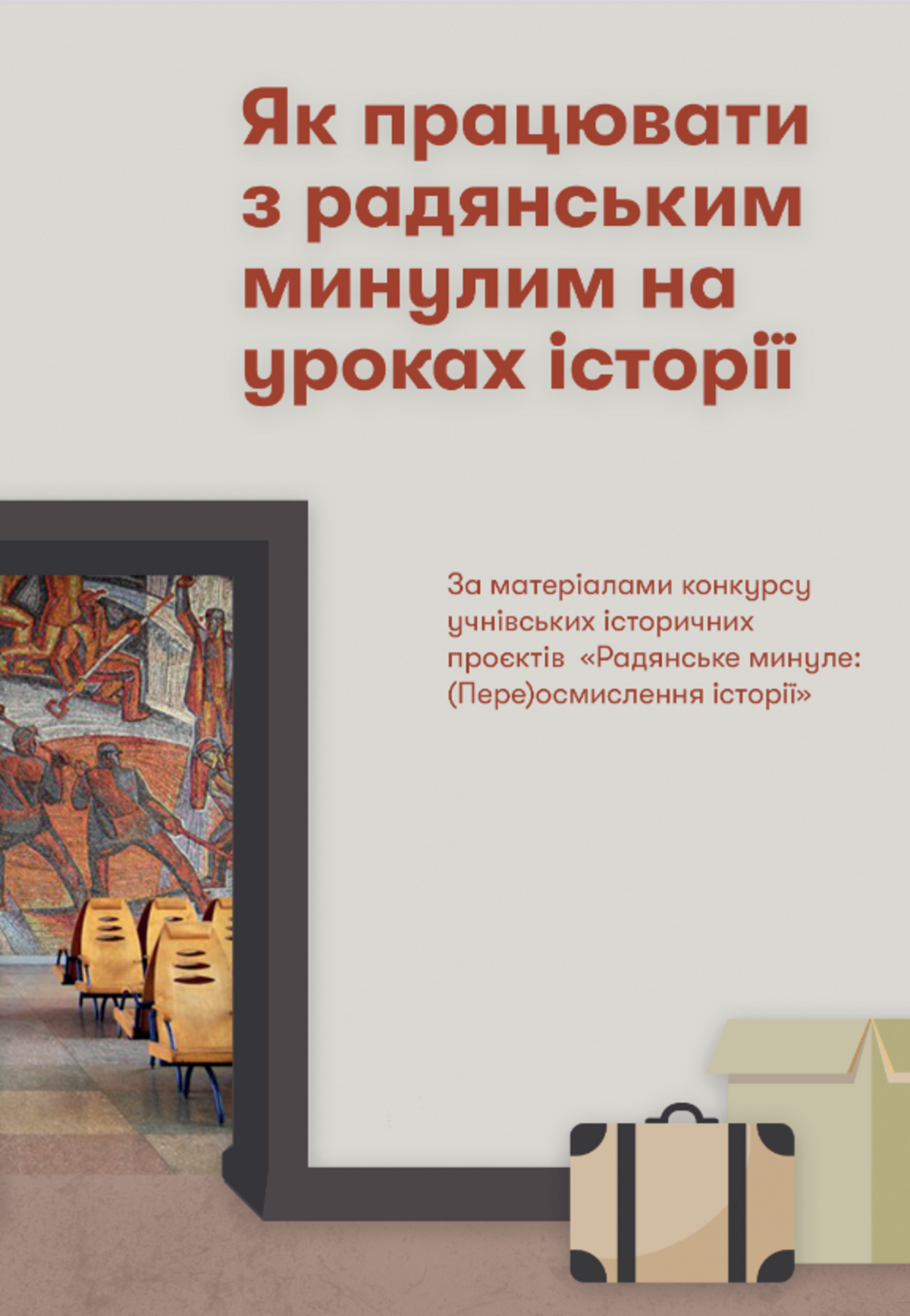The 20 history teachers from Russia, Belarus, Ukraine and Germany participating in the project "New views on history" developed four lesson plans based on memories of Soviet prisoners of war, survivors of the burnt villages from Belarus and Jewish survivors of the Holocaust in Ukraine. With the support of interpreters and translators, three lesson plans were developed by international teams. One lesson plan was written by an exclusively Belarusian group of authors. This was also reviewed by colleagues from the other countries so that it can be used adequately in these countries. The lesson plans have been designed for use in regular history lessons and have been laid out for printing. The exercises and sources can be used directly in class. Possible solutions to the tasks have been formulated for teachers. The lesson plan provides orientation for the structure of the lesson.
See more information about the lesson plans in German, Russian and Ukrainian
- Material 1: Former Soviet prisoners of war. Yesterday, today, tomorrow
Authors: Elizaveta Ivanova Mariia Boldina Vasyl Diakiv Birgit und Bernhard Neidnicht Volodymyr Polovskyi Dr. Marina Konstantinova
This lesson plan deals with the fate of the millions of Soviet military personnel who were taken prisoner of war. Based on the teaching of historical facts, the pupils can recognise from the letters they receive that National Socialist Germany did not adhere to valid international agreements. Since the letters not only describe the fate of the former Soviet prisoners of war during the war, captivity and the immediate post-war period, but also the time of the USSR and in part even the post-Soviet era, there are opportunities in class for a very differentiated examination and judgement, including a multi-perspective view.
Download the lesson in German, Russian or Ukrainian
- Material 2: Letters from the survivors of the burnt villages'
Authors: Iryna Yeutushenka, Liubou Baidalava, Larysa Litvinava, Aliaksandr Radchanka
The aim of this lesson plan is for the pupils to deal with the Nazi crime complex of the burnt villages in the Belarusian SSR during the occupation. This should be done mainly from the perspective of the survivors of the burnt villages (letters). The pupils will also work with the central document, the War Jurisdiction Decree, which ordered Wehrmacht soldiers to take brutal punitive measures against the inhabitants of entire villages (as acts of revenge for the raids by partisans) and at the same time guaranteed them impunity, although these were war crimes. The pupils should use the source material to examine the extent to which this decree was implemented in reality.
Download the lesson in German, Russian or Ukrainian
- Material 3: The Second World War in the Soviet Union - The victims of the burnt villages
Authors: Anastasiia Erinkova, Alena Charniak, Sylvia Steglich, Christopher Klank
This lesson plan consists of eight modules that fit into the sequence of the Second World War. The topic of the 'scorched earth' tactics during the retreat of the Wehrmacht from the territories of the Belorussian SSR and the Ukrainian SSR will be considered.
Download the lesson in German, Russian or Ukrainian
- Material 4: The fate of the Jews during National Socialism in Western Europe and in the occupied territories of the Soviet Union
Authors: Olesia Chekalina, Monika Fiedler, Andrii Melnyk, Taras Pylypchuk, Mykola Popadiuk
Through this lesson plan, the pupils learn about specifics of the Holocaust in Germany and Western Europe as well as in the occupied territories of the Soviet Union. In addition to dealing with the ever-deepening restrictions on Jewish citizens in Germany and the extermination of the Jewish population (text and image sources as well as non-fiction texts), the pupils learn about the everyday life of Jews during persecution and the Holocaust in Western Europe and the Soviet Union through first-person documents, excerpts from Anne Frank's diary and Inge Deutschkron's autobiography as well as the letters of Jewish survivors from Ukraine.
Download the lesson in German, Russian and Ukrainian
View more details about the project "New views on history"
[The description of the activity, individual projects and products is based on the content of the Initiative's website.]

